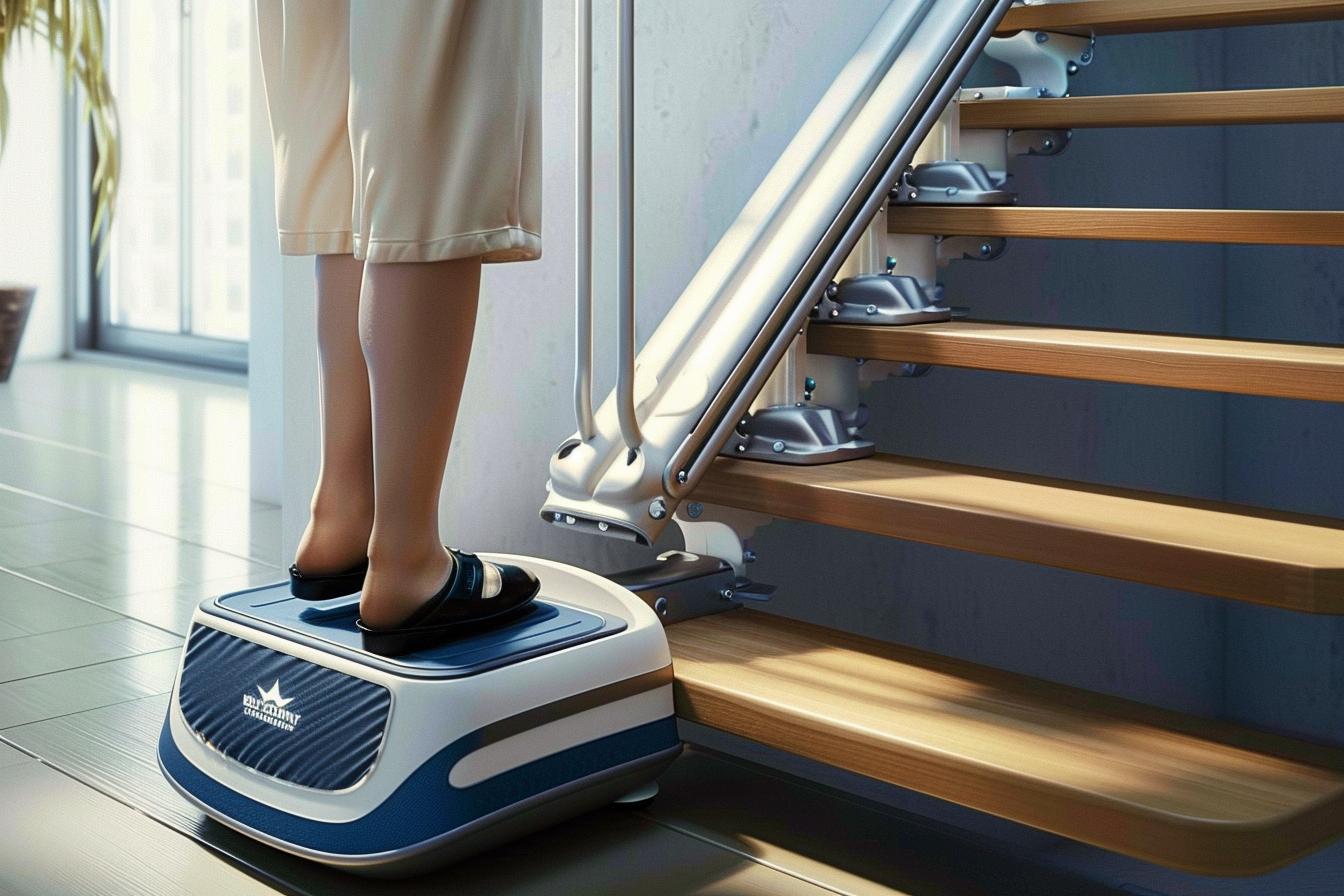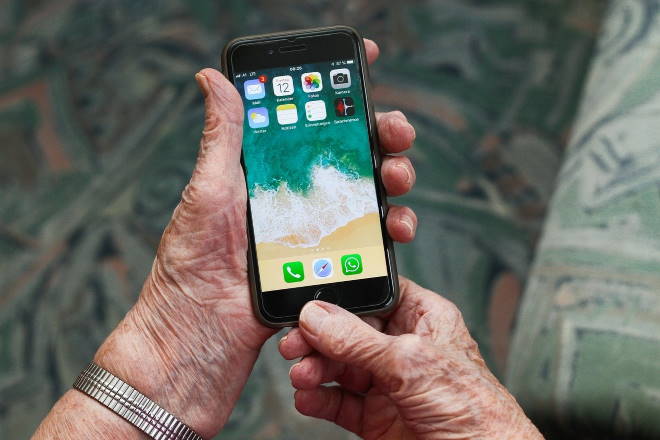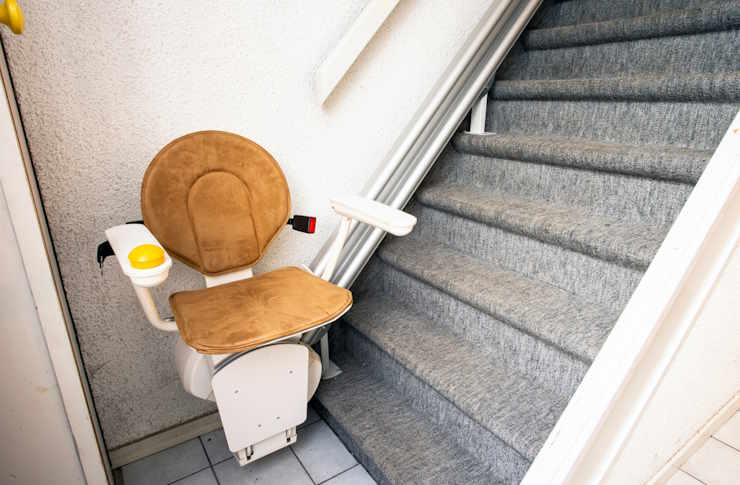Hearing Clinics: Care, Technology, and Hearing Solutions
Hearing clinics provide assessment, treatment, and ongoing support for people experiencing hearing loss, and they bridge clinical expertise with modern hearing technology. Whether you’re noticing subtle changes in hearing or managing long-term loss, clinics connect you to audiologists, diagnostic testing, and hearing aids designed to restore clarity and improve daily communication.

Hearing loss: what clinics assess and why it matters
A hearing clinic’s first priority is a thorough evaluation of hearing loss. Audiologists perform a range of diagnostic tests—pure-tone audiometry, speech-in-noise tests, and middle-ear assessments—to determine the type and degree of loss. Results guide personalized care plans that consider lifestyle, communication needs, and any medical causes that may require referral to an ear, nose, and throat (ENT) specialist. Early assessment helps preserve communication ability and reduces the social and cognitive consequences associated with untreated hearing loss.
Audiologist: the specialist you’ll meet
An audiologist is a licensed hearing healthcare professional trained to diagnose hearing and balance disorders and to fit hearing aids. In clinic visits, audiologists interpret test results, recommend appropriate hearing aid styles and settings, and provide counseling on realistic outcomes. They also offer hearing protection advice and rehabilitation strategies, such as auditory training and communication tactics. Regular follow-up visits at the clinic ensure devices are tuned to changes in hearing and user feedback, optimizing long-term satisfaction.
Hearing aids: fitting devices to real-life sound
Hearing aids are the main technological tool clinics use to amplify and shape sound for people with hearing loss. Modern devices come in behind-the-ear and receiver-in-canal styles with digital processing that can reduce background noise, enhance speech, and adapt to different listening environments. Clinic fittings include ear impressions, device programming, verification with real-ear measurements, and user training. A clinic-based approach emphasizes ongoing adjustments so that amplified sound is comfortable, intelligible, and aligned with the wearer’s daily activities.
Sound: environments and real-world testing
Testing in a quiet booth provides baseline results, but real-world sound environments are where hearing aids must perform. Clinics often simulate challenging listening situations or use speech-in-noise testing to evaluate how a patient perceives sound in restaurants, crowds, or while using phone and media. Audiologists use these insights to fine-tune device directionality, noise reduction, and microphone settings. Counseling about acoustic modifications at home or work—like reducing reverberation and improving lighting for visual cues—complements device-based sound management.
Technology: advancements that clinics deliver
Hearing technology continues to evolve with features such as wireless streaming, smartphone apps for personalized control, rechargeable batteries, and sophisticated noise-reduction algorithms. Clinics stay current with these advances and can demonstrate how different platforms perform in everyday situations. They also balance technology benefits against user needs, battery preferences, and dexterity considerations. Importantly, clinics provide hands-on setup and troubleshooting that online-only purchases may not offer, helping patients integrate new technology into daily life.
| Provider Name | Services Offered | Key Features/Benefits |
|---|---|---|
| Amplifon | Hearing tests, fittings, repairs, follow-up care | Global network of clinics; in-person assessments and ongoing service |
| Beltone | Diagnostic testing, hearing aids, custom fittings, rehabilitation | Personalized care model with local clinics and warranty/service programs |
| Miracle-Ear | Hearing evaluations, device programming, maintenance | Wide retail presence, in-clinic demonstrations and fitting support |
| HearingLife | Hearing assessments, hearing aids, aftercare | Network of hearing centers focused on diagnostic services and follow-up |
| Audibel | Hearing evaluations, hearing aids, counseling | Local clinic access with fitting and trial options |
This article is for informational purposes only and should not be considered medical advice. Please consult a qualified healthcare professional for personalized guidance and treatment.
Conclusion
Hearing clinics combine clinical expertise, patient-centered assessment, and advancing hearing technology to address hearing loss across ages and lifestyles. By working with an audiologist, individuals receive tailored recommendations, device fittings, and follow-up care that help restore access to sound and improve communication. Regular clinic visits keep treatments aligned with changing hearing needs and ensure the best possible everyday listening outcomes.




